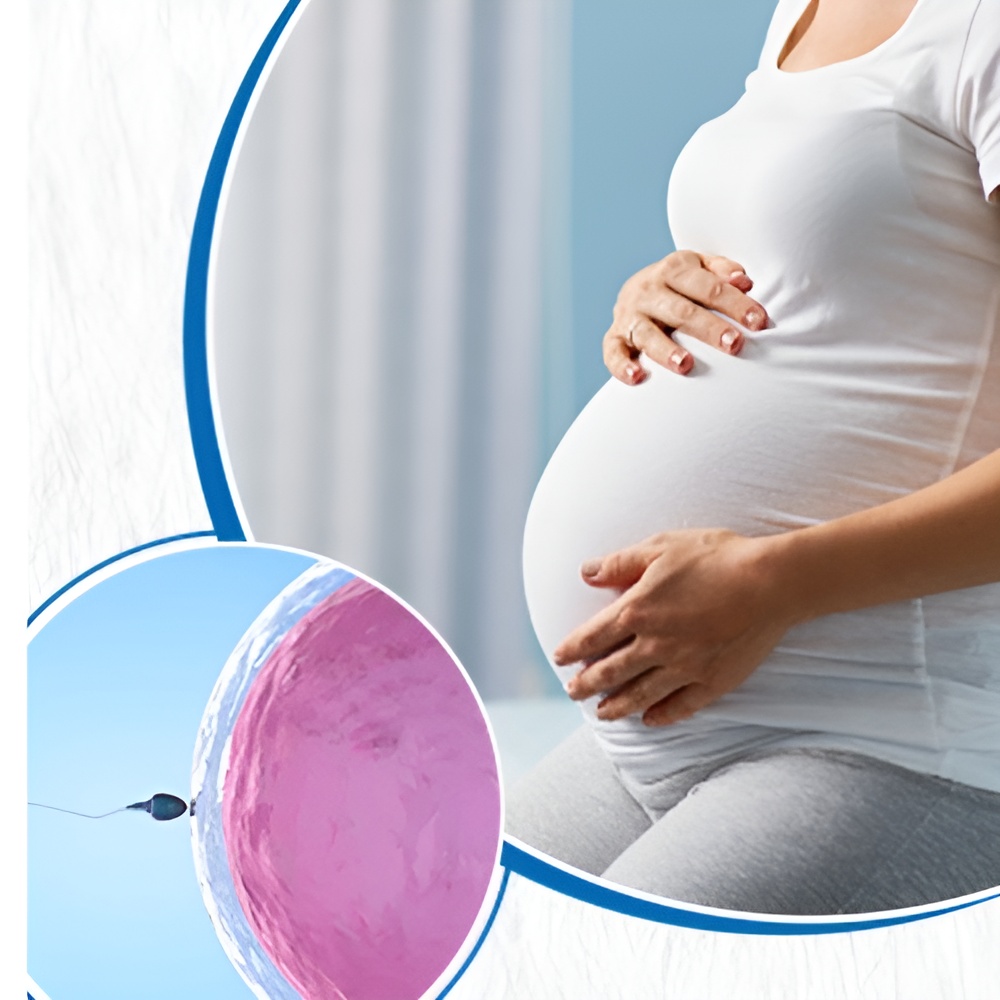Infertility

Infertility Treatment in Moshi: Your Path to Parenthood
Looking for hope and support on your journey to parenthood in Moshi? Look no further than Dr. Jyoti Kale, an infertility specialist in Moshi at the Dr.Kale Clinic, brings years of experience and a caring approach to patients and couples on their journey to parenthood. With Dr. Kale’s dedicated guidance and personalized care, patients can find hope and support as they face the challenges of infertility and recurrent pregnancy loss.
What is Infertility?
In general, infertility is defined as not being able to get pregnant (conceive) after one year (or longer) of unprotected sex. Because fertility in women is known to decline steadily with age, some providers evaluate and treat women aged 35 years or older after 6 months of unprotected sex. Women with infertility should consider making an appointment with a reproductive endocrinologist—a doctor who specializes in managing infertility.such as Dr.Jyoti Kale, who provides the best infertility treatment in Moshi
Causes of Infertility
1. Ovulation Disorders: Issues with ovulation, or the release of eggs from the ovaries, can make it difficult for women to conceive.
2. Sperm Disorders: Male fertility can be affected by sperm disorders such as low sperm count, poor sperm motility, and abnormal sperm shape.
3. Fallopian Tube Blockage: Blocked or damaged fallopian tubes can prevent sperm from reaching the egg or impair the fertilized egg’s ability to enter the uterus.
4. Uterine or Cervical Issues: Abnormalities in the uterus or cervix might make it difficult for a fertilized egg to implant and develop.
5. Age: Fertility falls with age, particularly among women over 35, as the quality and number of eggs decrease.
6. Lifestyle Factors: Smoking, excessive alcohol use, obesity, and stress can all have an impact on fertility in men and women.
Symptoms of infertility :
in women can include irregular menstrual cycles, hormonal imbalances, abnormal vaginal discharge, previous reproductive health issues, painful periods or intercourse, and obesity or being underweight. However, some women may not experience any symptoms. Consulting with a healthcare provider or inertility specialist is advised for a proper evaluation and diagnosis.
Pregnancy is the result of a process that has many steps. To get pregnant:
- A woman’s body must release an egg from one of her ovariesexternal icons.
- A man’s sperm must join with the egg along the way (fertilize).
- The fertilized egg must go through a fallopianexternal icon toward the uterusexternal icon (womb).
- The embryo must attach to the inside of the uterus (implantation).
Treatment Options for Infertility:
- Ovulation induction: Medications that stimulate ovulation.
- Surgery: To correct structural problems such as blocked fallopian tubes or uterine abnormalities.
- Assisted Reproductive Technologies (ART): In vitro fertilization (IVF), intrauterine insemination (IUI), or other procedures to facilitate conception.
b. Male Infertility Treatments:
- Lifestyle Changes: Improving diet, exercise, and avoiding substances harmful to sperm production.
- Medications: Hormonal therapy or antibiotics to treat underlying issues.
- Surgery: For conditions like varicocele or blockages in the reproductive tract.

